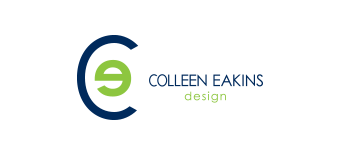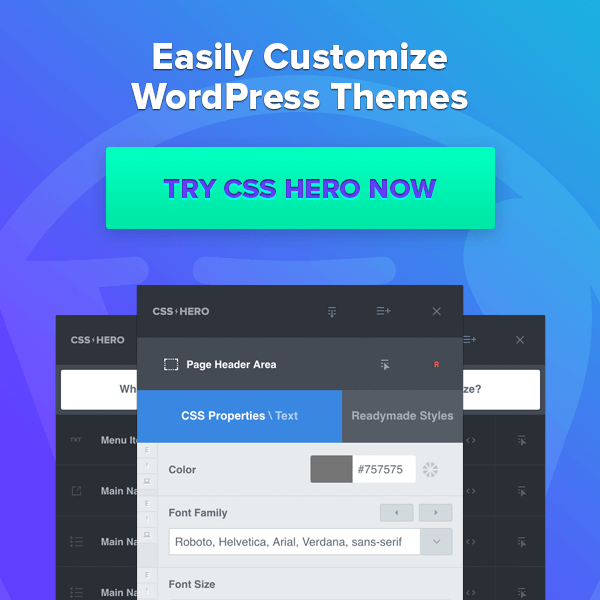Social Media 101
What is social media?
Let’s start at the very beginning. Social media is an interactive digital technology that allows for virtual communication and collaboration between users and networks.
For businesses, social media is a marketing instrument of how businesses can attract, engage, and convert their consumers on a consistent and swift basis.
How to best use social media
To enhance higher levels of performance and amount of met goals through social media, your brand can use the following stages on how to engage your audience to meet specific outcomes, which can be incorporated throughout every campaign.
Stage 1 – Presence: How many social media platforms is your brand on? Increasing the number will help your brand’s visibility.
Stage 2 – Reach: Not only do you need to be on social media, but your company must be active to increase number of followers and subscribers to increase the reach of your consumer base.
Stage 3 – Engage: This step is switching from the historical transactional promotional relationship that companies have built their brands on and turning the conversation to be more audience-focused. This requires more quality, targeted messages to your audience that highlight the importance of your audience as value-added to your company. This can be shown through the number of likes, comments, and shares on posts.
Stage 4 – Scope: Social media posts and messaging must be aligned with overall marketing and communication strategies across the company to create a cohesive, but targeted message based upon internal team needs. The overall goal across company units should be to increase traffic and participation, which can ultimately be converted to sales. How this can be done is to create a social media calendar that reflects the higher level marketing strategy, with outlining how each campaign and department will utilize social media in reaching goals.
Stage 5 – Influence: This step is speaking to how much does your companies’ message form (even re-form) thoughts and opinions of your target audience and how does that affect your set goal(s)? By influencing actions of an audience, your company will increase its’ credibility on being the expert on specific topics, issues, and products. However, this is only truly effective when this is done through thoughtful content and engagement to drive sales, subscriptions, registration, and lead generation.
Determining which platform is best for your company
Over 70 percent of the population is on some form of social media and this offers an advantage of cheaper and effective strategies to reach a large(r) number of consumers.
How can your company effectively use the proper social media channels to leverage your offerings to your audience? Are the popular channels the best for your company and industry?
Taking a deeper look in to the different social media platforms will help your company’s evaluation on which ones (all or if any) align with goals and objectives set.
Content and Image Needs for Social Media
When posting on social media platforms, there are a variety of ways that your company can interact with your consumer base. Promotional content is a very common and useful tool for companies to utilize as it entices the consumer on a basic transactional level that lead to higher conversions and increased sales, which are important goals for most brands.
However, in a time where the consumer experience on a holistic level (from initial interaction to end sale) is highly valued, how can your brand use thoughtful content to truly interact and engage with your consumers?
There are certain sizes that social media platforms have due to their site build and development limitations. Being able to adapt your company’s overall marketing strategy into the social media content calendar to build out these specific post sizes will help alleviate confusion and resource strain on your creative team(s).
How to measure success on social media
Data helps influence decision-making on all levels of your company and social media metrics is no exception. There are going to be two sets of data that will guide your marketing team in your social media strategy:
Qualitative – this data is collected on a post to post (or campaign to campaign) basis. Types of comments and content within those comments are collected to be evaluated on the tone, audience experiences, and perception of your companies’ overall message.
Quantitative – KPIs can be calculated on growth of followers (subscribers), engagement rate (number of likes, shares, comment) and click-through rates of each post umbrella’d under each platform. The click-through rate will be important as it will indicate the percentage of audience that showed indication of completing the desired action of the message (“Learn More”, “Shop Now”, “Give Now”, etc.). This type of data will also specify the peaks and valleys of when your audience engages, which can determine if specific times of the day your audience is more active or if certain external social issues played a role in activity.
The social media ROI will be calculated by the combination of all quantitative actions from social media that have created value for your company. Metrics to track ROI can include: reach, site traffic, leads generated, conversions, revenue generated, and acts of engagement.
What are the next steps?
Taking the necessary actions to consider your company’s social media strategy form the items above, which also embodies the overall marketing strategy will only allow for smooth executions for each platform, increasing engagement and conversions from each delivered post.
Over time, your company will gather important data that indicates what content your audience wants to see to interact and ultimately complete the action your posts lean them to. This incredibly useful information will help guide new strategy of how your company can grow and what direction the brand should take in future campaigns.
At Colleen Eakins Design, we can help you create effective social media posts your brand needs to connect to your consumers.





